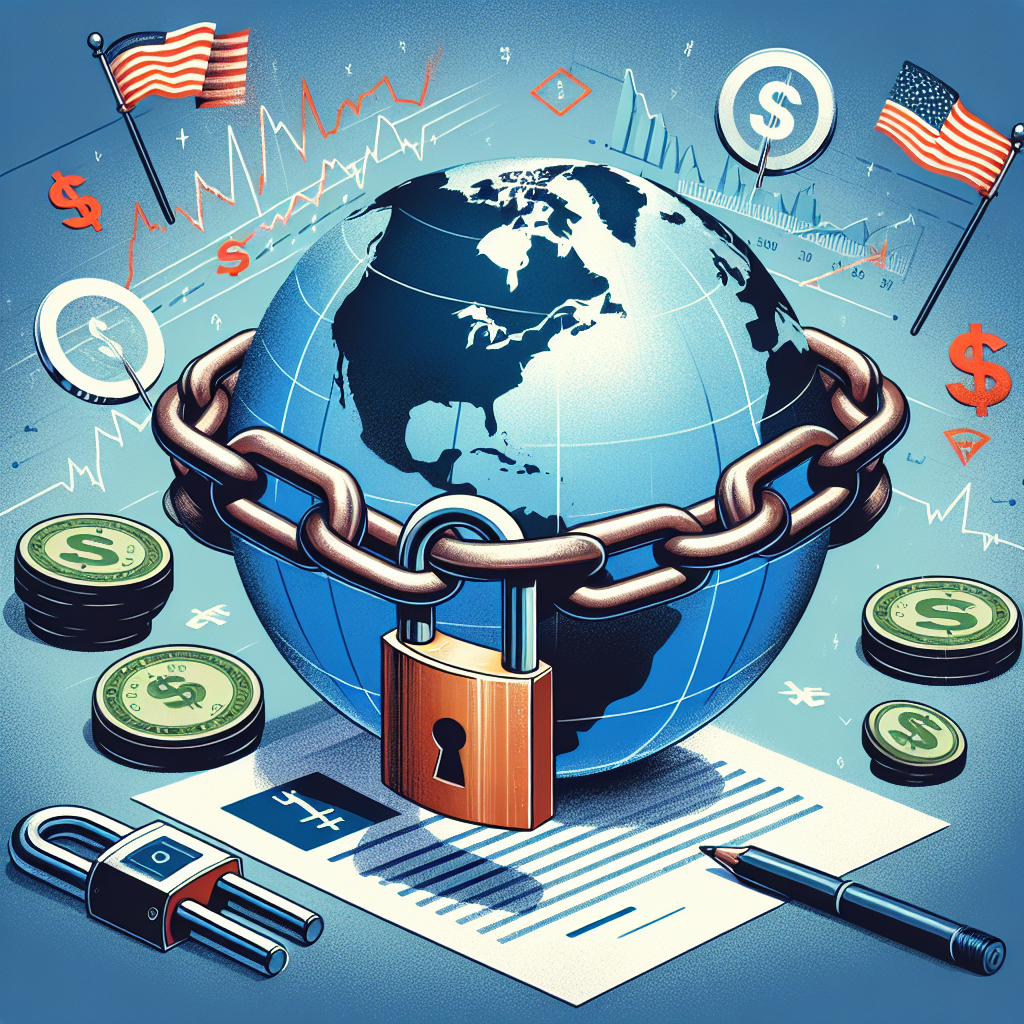Sanctions in the Tropics: A U.S.-Colombia Tension Escalation
The U.S. has imposed sanctions on Colombian President Gustavo Petro over his alleged failure to curb cocaine flow into the U.S. Tensions escalate with Trump accusing Petro of enabling drug cartels, though Petro disputes these claims. Trump's strong-arm tactics indicate a tumultuous diplomatic landscape.

The United States announced sanctions against Colombian President Gustavo Petro last Friday, heightening a diplomatic row over alleged failures to control cocaine trafficking into the U.S. The move comes as President Donald Trump intensifies pressure on Latin American nations with accusations centered on narcotics trade negligence.
President Gustavo Petro, whose term concludes in 10 months, refuted the allegations, emphasizing efforts to end long-standing domestic conflicts and claiming a significant uptick in cocaine seizures under his leadership. Contrasting claims by U.S. Treasury Secretary Scott Bessent assert that cocaine production has soared since Petro assumed office.
The discord saw Petro retaining a U.S. lawyer while addressing supporters in Bogota. Alongside his family and Interior Minister Armando Benedetti, Petro challenges the sanctions' validity. The U.S. actions reflect broader regional dilemmas as Britain seeks to detach narcotics control from political contention.
ALSO READ
-
Trump's Complex Dance with Russia: Sanctions, Diplomacy, and Global Tensions
-
Russian Resilience: Dmitriev Shrugs Off U.S. Sanctions
-
Escalating Tensions: U.S. Sanctions on Colombian Leader Petro
-
U.S. Sanctions Deepen Feud with Colombia over Cocaine Crisis
-
Sanctions Escalate US-Colombia Tensions Under Trump









